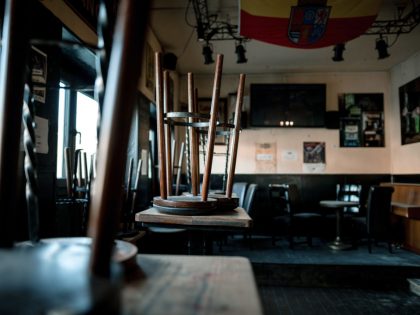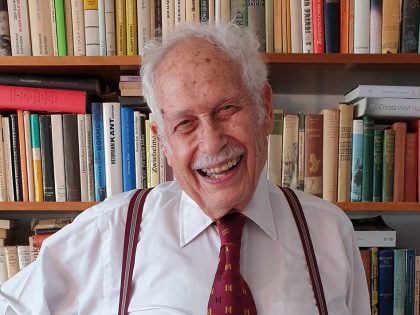
As Germans Drink Alone at Home, Community Pubs Are Closing
Skyrocketing prices and stagnating real wages are forcing more and more pubs to shut their doors. The closing of neighborhood pubs means the loss of leisure space, and of the community built around it.


















